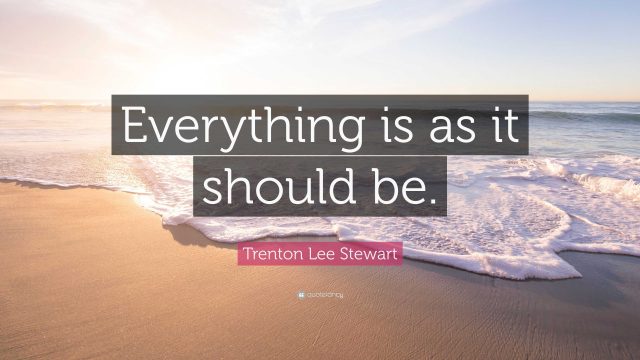A Personal Reflection
In our fast-paced, always-connected world, the concepts of “being alone” and “being lonely” are often misunderstood and used interchangeably. However, they are fundamentally different experiences. Being alone is a physical state, while being lonely is an emotional one. You can be alone without feeling lonely, and conversely, you can feel lonely even when surrounded by people.
A friend recently asked me a thought-provoking question: “Just ask yourself, ‘Who am I alone with?’ Then answer it.” This question invites introspection and challenges the notion that solitude equates to loneliness.
My Answer to the Question
When I asked myself, “Who am I alone with?” my answer was profoundly illuminating. I realized that I am alone with a beautiful, sexy goddess; someone outgoing, fun to be with, and so full of energy that she could light up a fire. She is sweet, caring, and an incredible vibe—a serious vibe. This reflection made me see that being alone with myself is not a lonely experience at all. Instead, it is fulfilling and vibrant.

Who wouldn’t want to be with me? Aaahha This self-realization sparked a deep sense of appreciation for my own company. It made me understand that the key to overcoming loneliness lies in how we perceive and value ourselves.
Embracing Solitude
Embracing solitude can be empowering. It gives you the space to connect with your inner self, to understand and appreciate who you are without external influences. When you enjoy your own company, being alone becomes an opportunity for self-growth and self-discovery.
The Paradox of Loneliness
On the other hand, loneliness is a state of mind that can occur even in the midst of a crowd, or even with your partner. It often stems from a lack of meaningful connections and a sense of belonging. You might be in a room full of people, yet feel completely disconnected. This paradox highlights that loneliness is not about the number of people around you but the quality of your interactions and your relationship with yourself.
Who Are You Alone With?
So, ask yourself: “Who am I alone with?” This question is not just about physical solitude but about your inner dialogue and the relationship you have with yourself. If you can answer with a sense of positivity and appreciation, then being alone will never translate to being lonely. You’ll realize that your company is enriching and enjoyable.
For me, being alone means being with someone who is energetic, fun, and full of life—a person who can create joy and warmth from within. This understanding has reshaped my view of solitude and has taught me to cherish my own presence.
The Power of Self-Love
Cultivating self-love and a positive self-image is crucial. When you love and value yourself, you bring a sense of completeness into your life. This inner fulfillment makes you less dependent on others for your happiness and reduces feelings of loneliness. It empowers you to seek connections that are genuine and meaningful rather than those that merely fill a void.
In conclusion, being alone is not synonymous with being lonely. It’s a state where you can reconnect with yourself, appreciate your own company, and find joy within. By asking yourself, “Who am I alone with?” you can uncover the beauty and strength that lies within you. Embrace solitude as a time for self-discovery and self-love, and you’ll find that your own company is the best company you could ever have.
Remember, the real question is not about who is around you, but who you are when you are with yourself.




